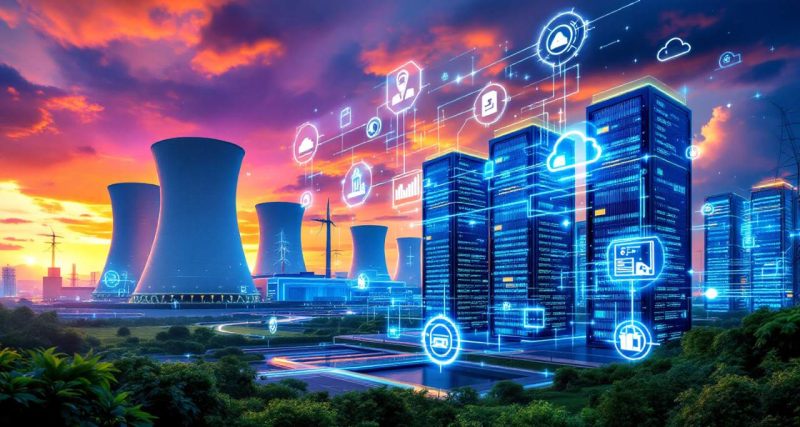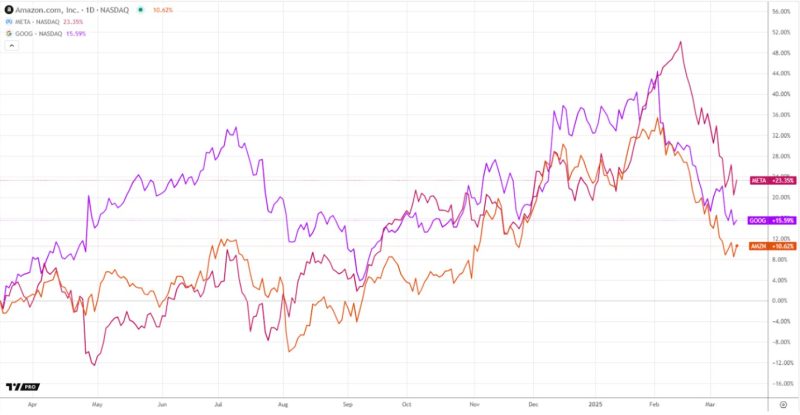
In recent years, the world has faced unprecedented growth in energy demand caused by digitalization, the development of artificial intelligence, electric vehicles, and other energy-consuming technologies. In an attempt to handle this challenge, Amazon, Meta, and Google — top stock gainers during previous years — as well as 14 leading banks and financial institutions, energy suppliers, and representatives of heavy industry, have joined forces to achieve the ambitious goal of tripling global nuclear power capacity by 2050.

The World Nuclear Association initiated this program — for the first time, companies not directly involved in nuclear energy have publicly supported scaling nuclear power plants to meet their needs.
Modern technological trends, such as the development of AI, machine learning, cloud computing, automated trading, and electric vehicles, require vast amounts of energy. For example, training large AI models can consume as much energy as a small city in a few years. At the same time, despite efforts to improve energy efficiency, demand continues to grow. It is estimated that global energy consumption may increase by 50-100% by 2050, which creates the need to find sustainable and reliable energy sources.
Nuclear power is a key solution to meet this demand with its low carbon dioxide emissions and high productivity. Unlike renewable energy sources such as solar and wind, nuclear reactors provide a stable base load, which is critical for energy-intensive industries, such as data centers and heavy industry.
The main goal of the new program is to unite the efforts of governments, financial institutions, and industrial consumers to achieve a threefold increase in nuclear-generating capacity by 2050. This will require significant investments in constructing new nuclear power stations, including innovative solutions like small modular reactors (SMR). IT giants like Google and Amazon are already actively investing in SMR to power their data centers, underscoring their interest in sustainable and reliable energy sources.
Financial institutions participating in the program also play a vital role by providing capital for implementing projects in the nuclear energy sector. This includes direct investments and the development of new financial instruments, such as green bonds, to support low-carbon technologies.
The participation of tech giants in the nuclear energy scaling program can significantly impact their market value and the S&P 500 performance. First, it demonstrates their commitment to sustainable development. Such an approach makes these companies more appealing to ESG (environmental, social, and governance) investors. Second, access to stable and inexpensive energy sources reduces operating costs, positively impacting profitability.
This opens up new growth opportunities for energy companies and manufacturers of equipment for nuclear power plants. Increased demand for nuclear energy might lead to a rise in their income and, as a result, the value of shares. Financial institutions participating can also benefit by increasing their share volume in financing nuclear energy projects.
The program to triple nuclear power capacity by 2050 represents a bold step toward sustainable economic growth. It addresses the challenges of growing energy demand and creates new opportunities for investment and innovation. For companies participating in the program, this can drive share price growth, especially against increasing interest in ESG investments. In the long term, this initiative’s success can change the world’s energy landscape, making nuclear energy one of the key pillars of the global economy.
